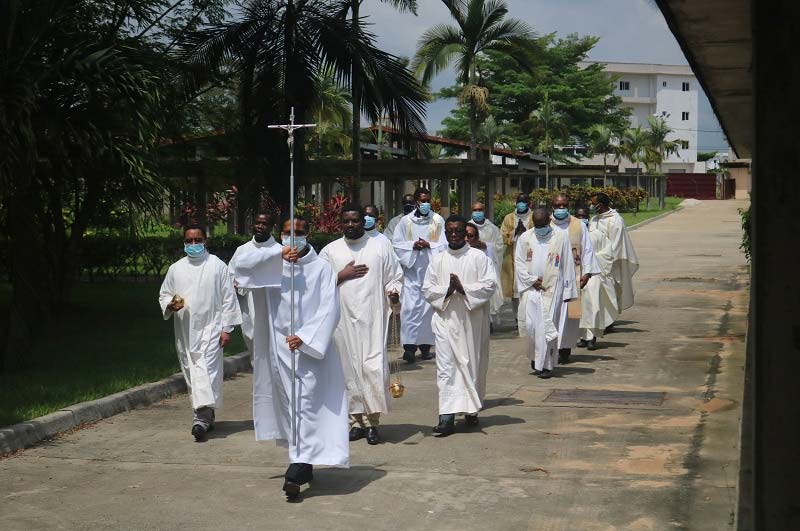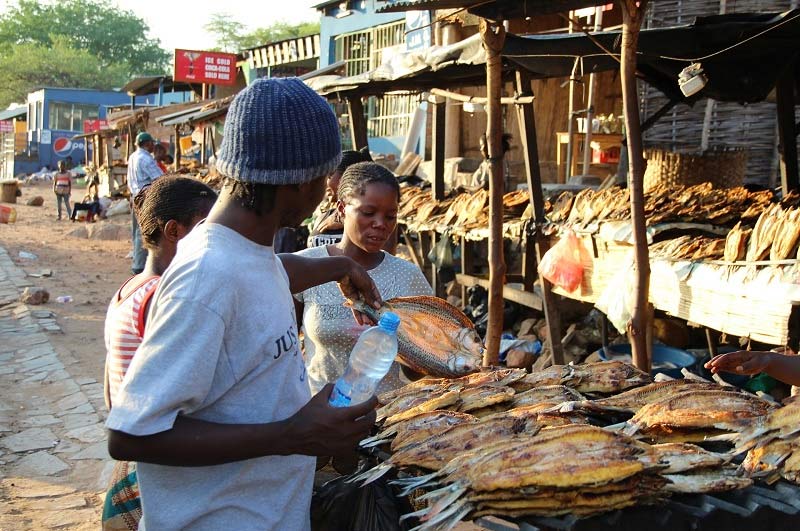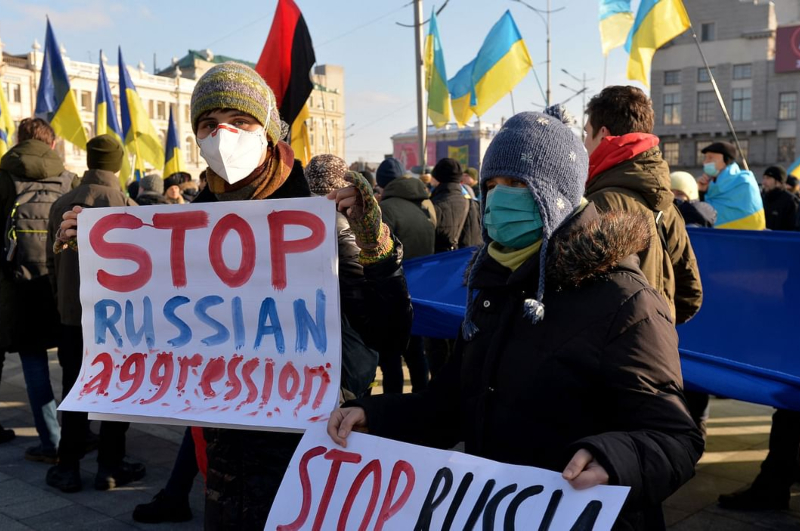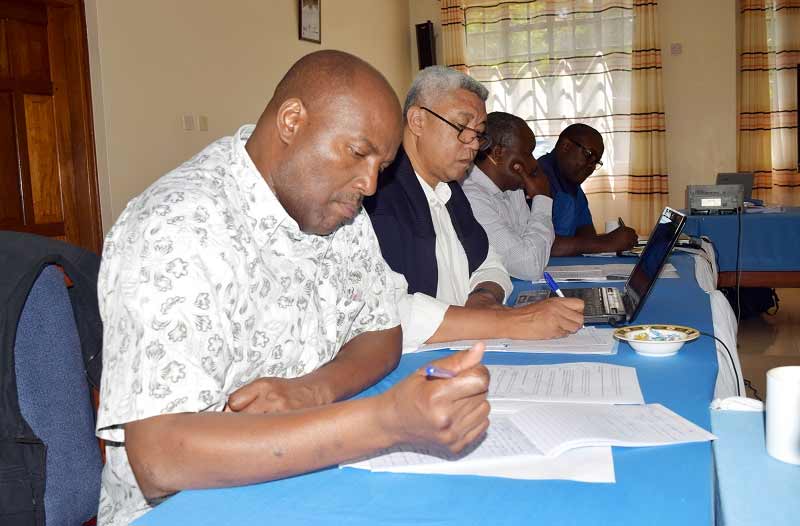


After the meeting of the Follow-up Committee of the Formation Assembly, it is important to respond to one of the searing questions that lingered at the end of the ground-breaking gathering of Jesuits across the African Continent that took place from December 8-14, 2019 in Nairobi-Kenya with the theme: New Wine, New Wineskins (Luke 5:37-38): Transforming the Mission of Formation in Africa and Madagascar in the Context of Faith and the Universal Apostolic Preferences. Indeed, some of the delegates at the end of the Assembly wondered what the next step would be, given that there were so many exciting ideas that were generated following intense discernment and Spiritual Conversation.
It is not an overstatement to say that there is a hint of desolation in this question, given that it feeds on the assessment that the Assembly appeared to hesitate in the course of the discernment process, falling short of homing-in on a coherent vision. On another level, there was a general consensus not to create another document that would populate bookshelves and gather dust without having a meaningful impact on the lives of Jesuits, particularly those in formation. Hence, there was an obvious need for more discernment. These two issues underlie the letter the President of JCAM sent out on December 18, 2019, on the heels of the Assembly, seeking to consolidate the achievements of the Assembly. The letter announced the establishment of a follow-up committee, made of the planning committee plus three other co-opted members. Fr. Agbonkhianmeghe Orobator SJ invited the enlarged team to “further discern the pertinent orientations and outcomes of the Assembly in order to design a concrete plan and a creative process to successfully implement the necessary renewal and changes to our formation programme.”
The two collaborators invited to be part of the Follow-up Committee had been outstanding in their allocutions during the Assembly and their insightful presence was a subtle reminder of the idea around which the entire pursuit had been predicated. Formation was definitely not going to be the same in the Conference of Africa and Madagascar and the driving spirit of all stakeholders will be one of internal freedom.
The committee worked with the reports of the Assembly, using Spiritual Conversation as the preferred means of discernment. It was a fulfilling experience of listening to the spirit as a team. While there is consolation in the process of discernment, it goes without saying that desolation can follow. On the second day of deliberations, it became increasingly obvious that a breakthrough was needed. The general feeling in the group highlighted what had been abundantly stated during the Assembly, that Spiritual Conversation was only one device in the toolbox of the Ignatian decision-making process and missing to see this could result in its abuse.
After four days of work, the team has finally come up with a template that aptly captures the spirit of the Assembly. This template seeks to inspire creativity and innovation in the way the Spiritual Exercises structure each individual's inner life daily. The goals and graces that it recommends are attainable in the short and medium-term and expected results can be seen in the course of this year 2020. Essentially, the template requires the participation of all stakeholders and expects a conscious effort in metanoïa. Undeniably conversion is the driving force of the Spiritual Exercises, and any quest for transformation supposes giving up the buttresses of one’s comfort zone. On the other hand, change does not have to be violent; it does not have to be drastic; it only has to be methodical, focused and done with a measure of urgency. This template responds to these imperatives and extolls a more contextual vision. Finally, it takes into consideration the deeper aspirations of all stakeholders in the formation of Jesuits.
The logical next step to this process will be to present the outcomes and orientations to the major superiors so that they can give their appreciation and hopefully approve the template for implementation. A period of communication and appropriation will then follow. In the spirit of the Exercises, it is important to allow Jesuits in the Conference to own the outcomes and proposals of the Assembly. However, there will be urgency in action such that once a decision is made on any point, there will be swift action to make it a reality.
In the spirit of the Universal Apostolic Preferences, this template meets the ground rules set by the concept note of the Formation Assembly and is only four pages long, providing an easy read. It will inexorably become an instrumentum laboris for Jesuits in Formation as well as for Formators and Collaborators. Decision-makers, Provincials, Formation Delegates and all persons along the chain of formation will find in its paragraphs enough nutrition to inspire metanoïa.
Related Articles
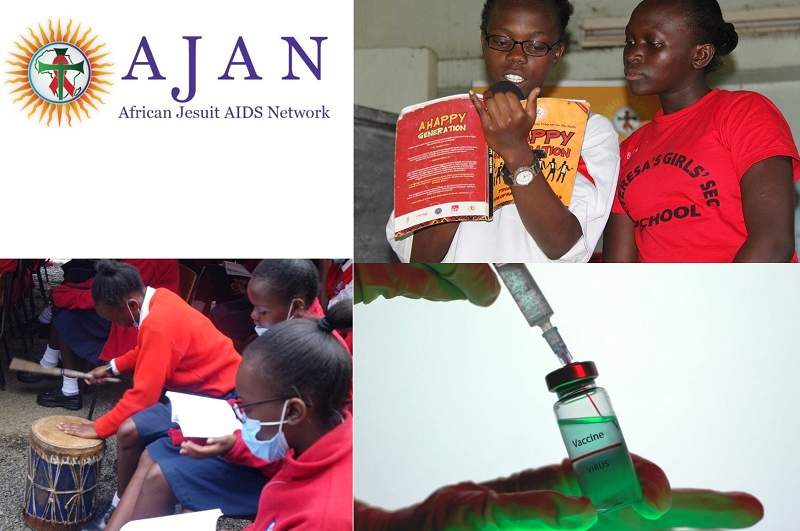

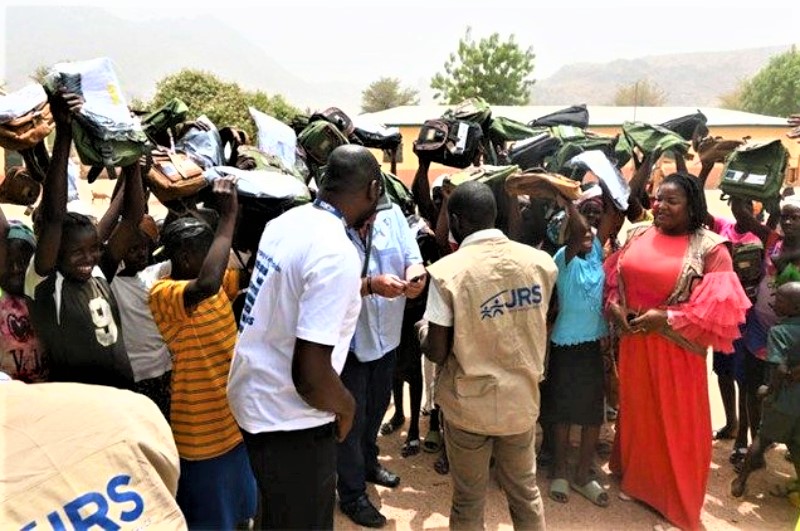
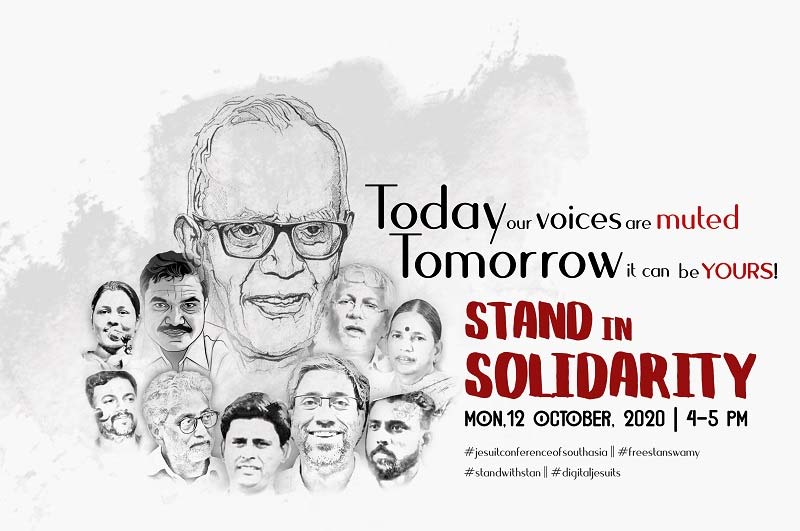
Select Payment Method
Pay by bank transfer
If you wish to make a donation by direct bank transfer please contact Fr Paul Hamill SJ treasurer@jesuits.africa. Fr Paul will get in touch with you about the best method of transfer for you and share account details with you. Donations can be one-off gifts or of any frequency; for example, you might wish to become a regular monthly donor of small amounts; that sort of reliable income can allow for very welcome forward planning in the development of the Society’s works in Africa and Madagascar.
Often it is easier to send a donation to an office within your own country and Fr Paul can advise on how that might be done. In some countries this kind of giving can also be recognised for tax relief and the necessary receipts will be issued.



